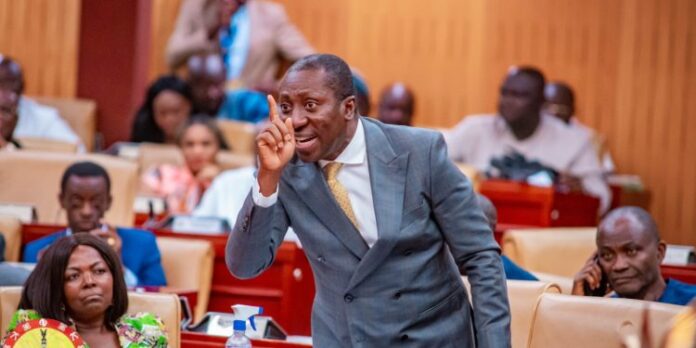Ghana’s prison system is currently facing a dire situation, with facilities overflowing beyond capacity. The total prison population has reached a staggering 15,237, comprising 15,062 males and 175 females, far exceeding the intended capacity of 10,265. This overpopulation, amounting to a 48 per cent congestion rate, is having severe repercussions on the health and living conditions of the inmates.
Efforts to tackle prison overcrowding, such as the Community Service Bill and the Non-Custodial Sentencing Bill, are in progress but need acceleration. The enactment of the Criminal and Other Offences (Procedure) Amendment Act, 2022 (Act 1079) marks a significant legal advancement, broadening the scope of plea bargaining in Ghana.
Non-custodial sentencing encompasses various court-imposed punishments that exclude imprisonment, such as community service, probation orders, fines, and conditional discharges. These alternatives aim at punishing and rehabilitating offenders and preventing recidivism, which is crucial in reducing prison overcrowding.
Our legal system must adopt a more compassionate, progressive, and successful approach to criminal justice. Legislative actions made today will shape Ghana’s legal history and impact the country’s identity, values, and dedication to justice and human rights.
The decisions made today will shape Ghana’s legal history and impact the country’s identity, values, and dedication to justice and human rights. In addressing same-sex sexual relationships, the nature of sentencing is a critical factor. This section argues against custodial sentences in favour of community or non-custodial sentences, supported by well-defined plea-bargaining provisions.
To address this issue, a transformative approach to criminal justice is required. The push for non-custodial sentencing has garnered support from various sectors, including legal experts and human rights organisations, highlighting the necessity for legislative action.
In conclusion, the legal framework provides a more humanitarian, financially sustainable, and globally acceptable system that is in line with international human rights standards. The Parliament of Ghana has an obligation to approach difficult social challenges in a way that preserves the values of justice and fairness, respects the dignity of every person, and fosters social harmony. The plea bargaining and non-custodial punishment approach would help relieve pressure on Ghana’s criminal justice system and promote a more restorative rather than punitive approach to justice.

